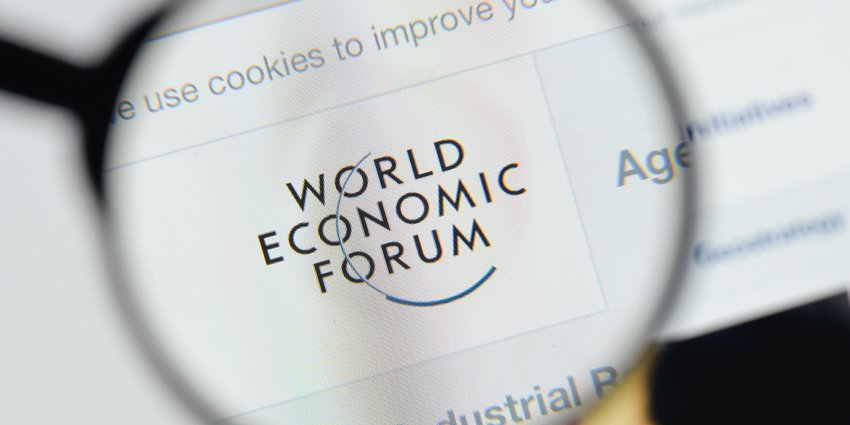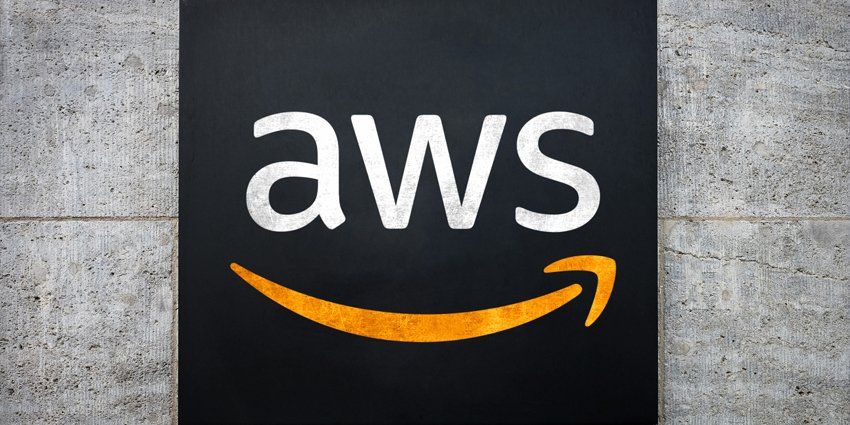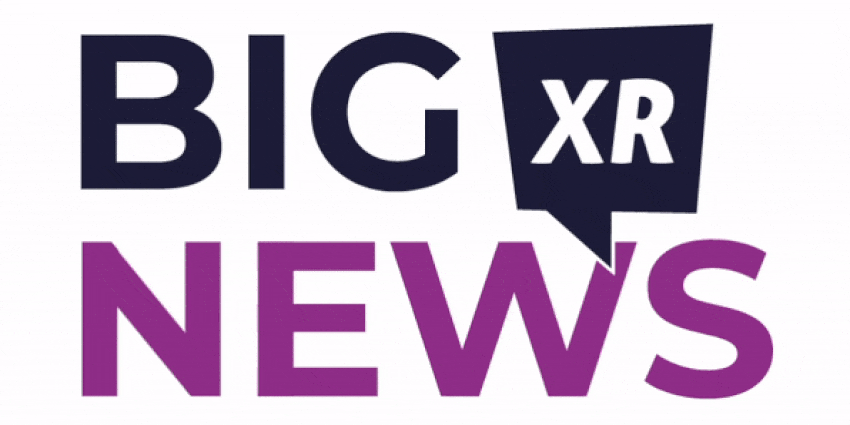[ad_1]
This week, the World Economic Forum (WEF) partnered with Microsoft and Accenture to scale its Global Collaboration Village, a Metaverse space for international business leaders and decision-makers.
The expansion plans to add a Polar Tipping Points Hub to the Metaverse service. WEF designed the new virtual space to bring global stakeholders from businesses, governments, and academia to collaborate over climate concerns virtually.
The Polar Tipping Points Hub unites business leaders in a VR collaboration space containing interactive features to help attendees visualize and understand emerging climate issues.
The immersive collaboration environment leverages live VR simulations and interactive features that allow visiting decision-makers to discuss challenges and share insights. The immersive space enables for enhanced collaboration opportunities for sustainability use cases such as polar warnings, according to the WEF.
Attendees of the WEF’s virtual space can gain a unique perspective on the facts, metrics, and risks associated with emerging climate concerns, and the WEF believes that the immersive data sets will drive “clarity and urgency,” therefore leading to collective action by attendees.
The WEF Believes in the Metaverse
The WEF is building a strong relationship with the emerging Metaverse technology space. The group believes that immersive tools such as the Metaverse can drive positive productivity and sustainability outcomes for businesses getting ready for the future of work.
Recently, the WEF released a report on the impact of the Metaverse and DAO frameworks in the enterprise, showing how Meteverse and DAO-ready businesses could become more agile.
The report highlighted how firms can leverage Metaverse and DAO platforms to reorganize talent pools and, therefore, allow work to flow to talent.
Moreover, the WEF noted how DAO frameworks can modify conventional jobs like director, representative, project worker, and merchant. DAO value propositions alter how a core group of employees coordinates and delivers work.
The report noted:
As decentralized autonomous organizations are adopted more widely, new types of businesses will emerge that would look more like cooperatives and less than corporations, significantly reducing agency costs
WEF and The Future of Work
Additionally, in its Future of Jobs Report 2023, the WEF revealed some of the many related emerging technologies most likely to affect workplace change while supporting enterprise XR adoption.
In the report, the WEF surveyed 803 companies employing over 11.3 million workers across 27 industry verticals and of its questioned individuals, the group found that more than 85 percent of polled organizations identified increased adoption of emerging technology solutions and broadening workplace access to digital services as the most likely trend to drive enterprise transformation.
Moreover, 75 percent of WEF’s surveyed companies expect to adopt emerging technologies such as big data, cloud computing, and AI in the next five years. They predict that emerging tech will disrupt roughly 44 percent of worker skills.
In a follow-up interview with the WEF, Jeff Maggioncalda, CEO at Coursera, added:
Whether you are a factory worker or on the frontlines or whether you’re a knowledge worker sitting behind a desk. Technology is shifting the way almost every job task will be performed.”
The news comes as the WEF continues to track and assess the best ways for enterprise end-users to leverage immersive technology. Moreover, other firms – such as the IEEE and VRAR Association – are working towards developing the best practise for enterprise-focused Metaverse services.
Microsoft to Develop Industrial Metaverse in 2024
Alongside its WEF Metaverse partnership. Microsoft is significantly scaling its immersive product portfolio to establish the industrial Metaverse.
The firm first teased information regarding an industrial metaverse initiative – set to kick off in 2024 – at its Inspire 2023 showcase event.
Since the quiet reveal, Microsoft has been putting its PR gears in motion, showcasing many industrial Metaverse client success stories from enterprise end-users like the US Army, Sanofi, Nexo-East, and Boeing.
Microsoft is planning to resurrect the Metaverse with an industrial edge. The firm is launching its industrial metaverse roadmap as part of its AI Cloud Partner Program for uniting industry partners and fueling innovation towards enterprise-grade AI, in turn supporting efforts to grow industrial Metaverse solutions and related technologies.
The program looks to boost enterprise use cases of AI, Cloud, and Metaverse solutions to improve productivity, resiliency, and sustainability outcomes.
Lili Cheng, the Corporate Vice President of Business Applications and Platforms at Microsoft, explained earlier this year:
Mixed reality is the eyes and ears of AI. Delving into operation nuances for personalized, in-depth learning becomes easier. When integrated, mixed reality and AI accelerate worker training, shortening steps and supplying users with the working knowledge they need for the task at hand.
Microsoft’s industrial Metaverse roadmap will also offer a “curated learning path” to provide end-users with resources to introduce workplace XR technology, with considerations for integrated first-party technologies, such as Microsoft Co-Pilot, Azure OpenAI, AI, ML, Azure Databricks, Synapse Analytics (2024), Microsoft Fabric (2024), Microsoft Purview, Power Platform, D365 Field Service, D365 Guides, D365 Remote Assist, HoloLens 2, Azure Maps, Azure HPC product, and Azure Digital Twins.
[ad_2]




